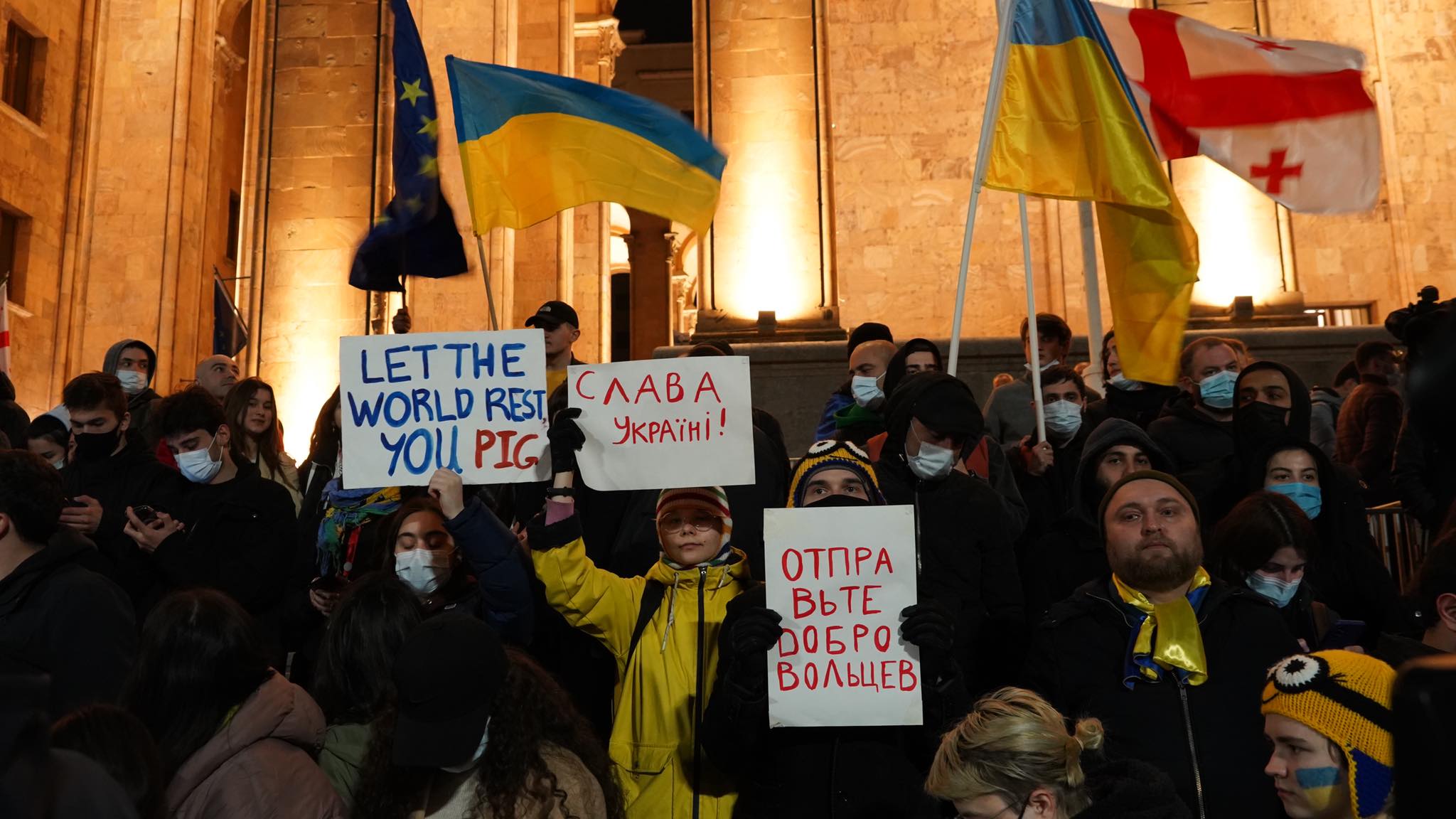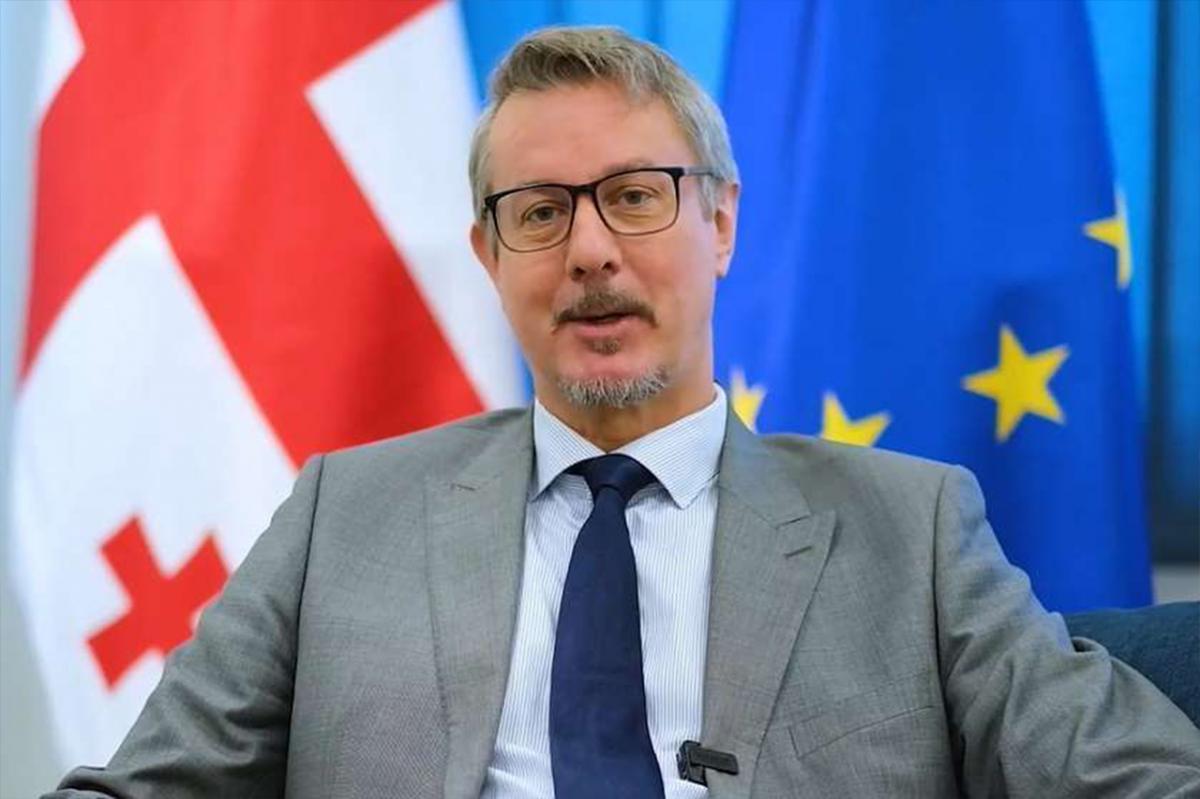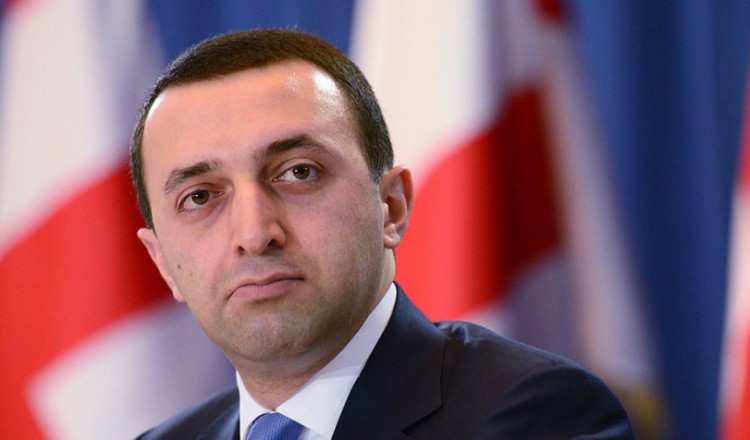Georgia applies for EU membership - what does it mean?
Georgia applies for the EU membership
On March 3, Georgia submitted its application to join the European Union. The ruling party had planned to apply for the EU membership in 2024, but the war in Ukraine and Kiyv’s bid for accelerated EU membership accelerated the process in Georgia as well.
The Prime Minister of Georgia Irakli Gharibashvili signed Georgia’s application for EU membership on March 3.
As the Prime Minister said in his address to the citizens, this day is historic for the country.
“Applying for EU membership is another important step on Georgia’s path to European integration – a stage that opens a new page in our history and continues the efforts of our ancestors, which was aimed at unification into a common European family”, the Prime Minister said.
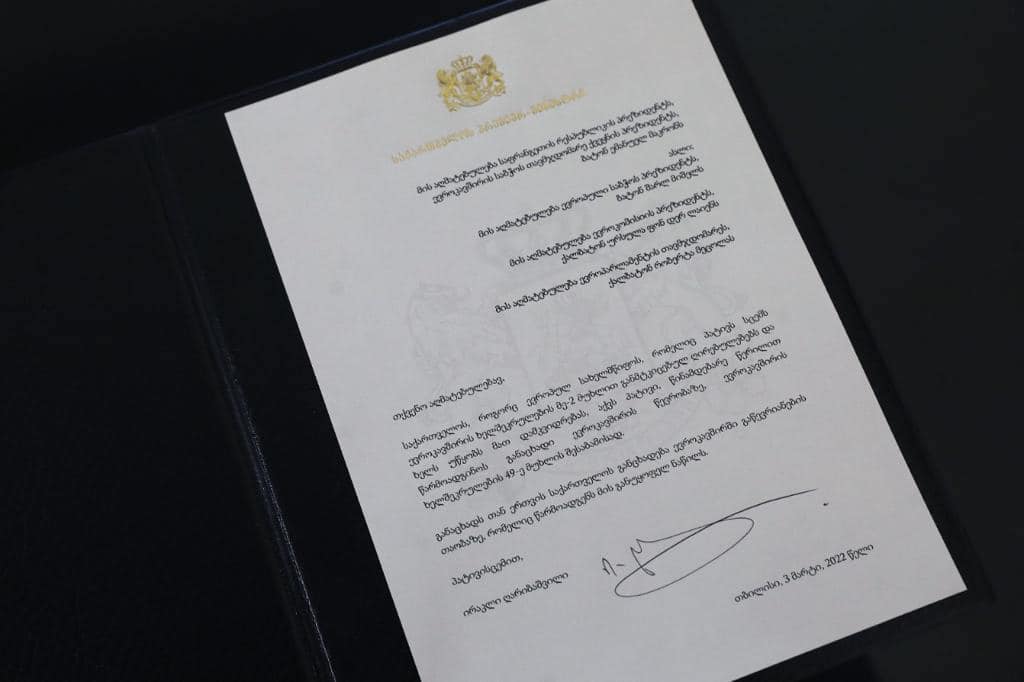
JAMnews spoke to experts about what the application for the EU membership means for Georgia, what procedures a country must go through to become an EU member and what Georgia’s chances are.
What preceded this decision
The chairman of the ruling party announced on March 2 that he would apply to join the EU. This statement was preceded by a statement from Ukraine on 28 February, as well as Georgian President Salome Zurabishbili’s visits to the West and growing public demand for the country to apply for the EU membership.
As early as March 1, the government insisted that the country was not yet ready to submit an application and that the process should start in 2024.
Applying for the EU membership was one of the main demands at the multi-thousand rally on March 1. Protesters also protested the government’s refusal to support Ukraine and demanded the resignation of the Prime Minister.
The next day, Irakli Kobakhidze, chairman of the Georgian Dream, said that “the Georgian government, led by the Prime Minister, is preparing an application for EU candidate status”.
What does the statement mean and what will happen next
Vano Chkhikvadze, head of the Open Society Foundation’s European integration program, told JAMnews that the application for the EU membership is the first stage, which will be followed by a long-term procedure:
“The second stage is the assessment by the European Commission – how ready the country is to receive candidate status. Then, all 27 EU member states must unanimously decide that the country is ready to be granted candidate status. This is followed by accession negotiations, which is a fairly long process. These negotiations cover all areas, 35 chapters (human rights, environmental protection, energy, consumer rights, etc.) and the process begins.
When Georgia closes all 35 chapters, that is, says that it has harmonized our legislation with European legislation in all areas, enforcement is done accordingly, the European Commission makes the final assessment and again, all 27 countries make a unanimous decision to join.
“Finally, there is a more symbolic moment, the signing of a membership agreement between the member states and the candidate country”.
Was it right to submit the application now
All the experts interviewed by JAMnews unanimously say that this was the right decision, regardless of what preceded it and how morally good Georgia is now.
“The opportunity for EU enlargement is seldom taken. “Now this window is open and the step taken by the Georgian government is absolutely right”, said Vano Chkhikvadze.
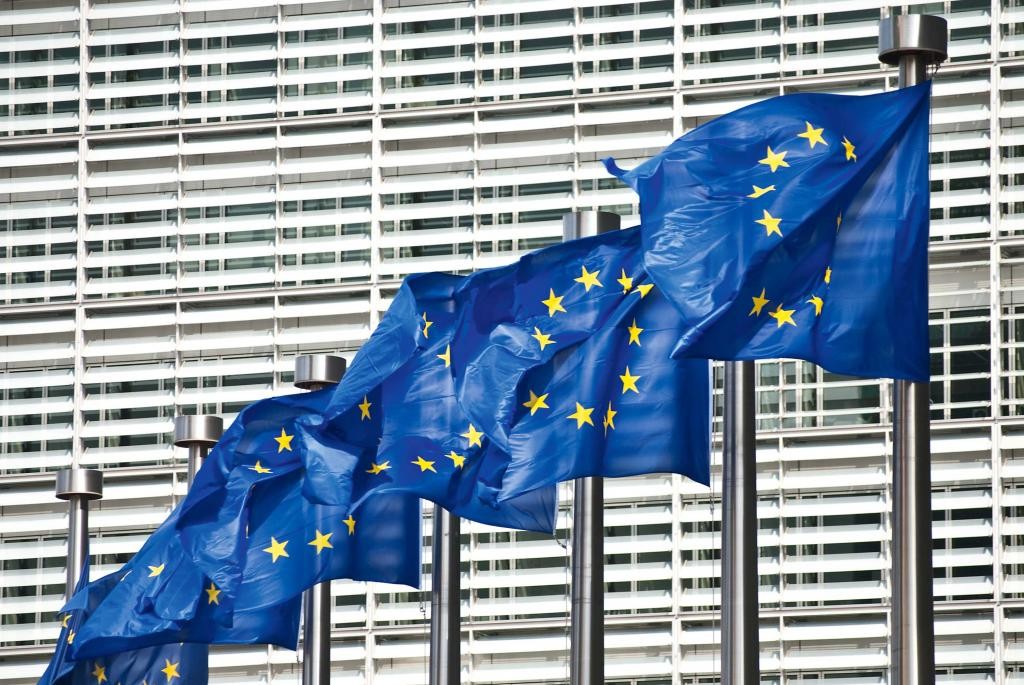
According to Giorgi Rukhadze, co-founder of the Georgian Center for Strategic Analysis (GSAC), deliberating why we are taking this step now is not right. Georgia may not be in a good position right now, but it used to stand by the Freedom Outpost:
“In 2008 we fought. Europe simply did not understand what was happening in Georgia then”.
What should follow this step
“Okay, then act in Europe to fulfill the relevant commitments – this message is addressed to everyone who’s responsible for doing it”, said Michael Galler, MEP, in a photo of Maka Bochorishvili, chairwoman of the European Parliament’s European Integration Committee. This photo was taken by the members of the Georgian Dream after the briefing of Irakli Kobakhidze.
According to Giorgi Rukhadze, if Georgia demands expedited consideration of its membership application, then it should analyze how ready it is for this process:
“Georgia is now in the worst situation since 2012. He does not take this step for special merit. It does not fight, on the contrary, it hides, does not help Ukraine, does not help Russia by not closing the airspace. Against this background, how will the EU assess our application ?! Georgia must gain an advantage at the expense of Ukraine in the context of European integration – that’s how it will be seen. Therefore, if Georgia does not change its attitude towards Ukraine, this process, on the contrary, will be damaging”.
According to Vano Chkhikvadze, Georgia should carry out the reforms envisaged by the Charles Michel agreement.
“This has to be done first. This document has not disappeared anywhere. He hangs over us like a sword and we will be reminded wherever we go. Therefore, if I were the Prime Minister now, after submitting the application, I would say that I will return to the Michel’s agreement”.
According to Alex Petriashvili, a researcher at the Rondel Foundation, neither Ukraine, which is now fighting for freedom, nor Moldova, which is also applying for membership, can join without meeting the relevant criteria.
“Because of the current situation, we will not be able to accept either the candidacy or the membership”, he said.
How long can it take for Georgia to join the EU
Vano Chkhikvadze says that this is a long-term process and it is important not to create false expectations in the society about rapid membership:
“Every state, including us, Ukraine and Moldova, is going through this process uniquely, no one can copy the path of any country. It is impossible to name the exact date, when we will become members, when we will be granted the status”.
According to Giorgi Rukhadze, in a best case scenario, this process will last for 10-15 years.
The role of society
Experts are convinced that public protest played a big role in changing the government’s decision.
They think that this decision may have been a mask for the government to do nothing to demonstrate a pro-European course and achieve results. Therefore, now the civil sector and society have to play a crucial role again.
“Unfortunately, the Georgian government did not pay attention to the name of the” deportee “because it did not fulfill any of its obligations. Therefore, the society should now urge the government to fulfil its obligations and, if it does not do so, leave”, said Alex Petriashvili.
“The country has a lot to do, there are a lot of reforms on one side of the scale and the possibility of membership on the other. We must force the government to carry out the necessary reforms”, said Vano Chkhikvadze.
Influential non-governmental organizations have issued a statement saying that President Zurabishvili should become the face of the European integration process, the government’s rhetoric should be changed and Prime Minister Gharibashvili should be temporarily sidelined.
The Public Defender of Georgia, Nino Lomjaria, stated that this idea should become a reason for the unification of the country and not for further fragmentation or polarization:
“We must show political maturity and not destroy whoever it comes from”, the ombudsman wrote on her Facebook page.










